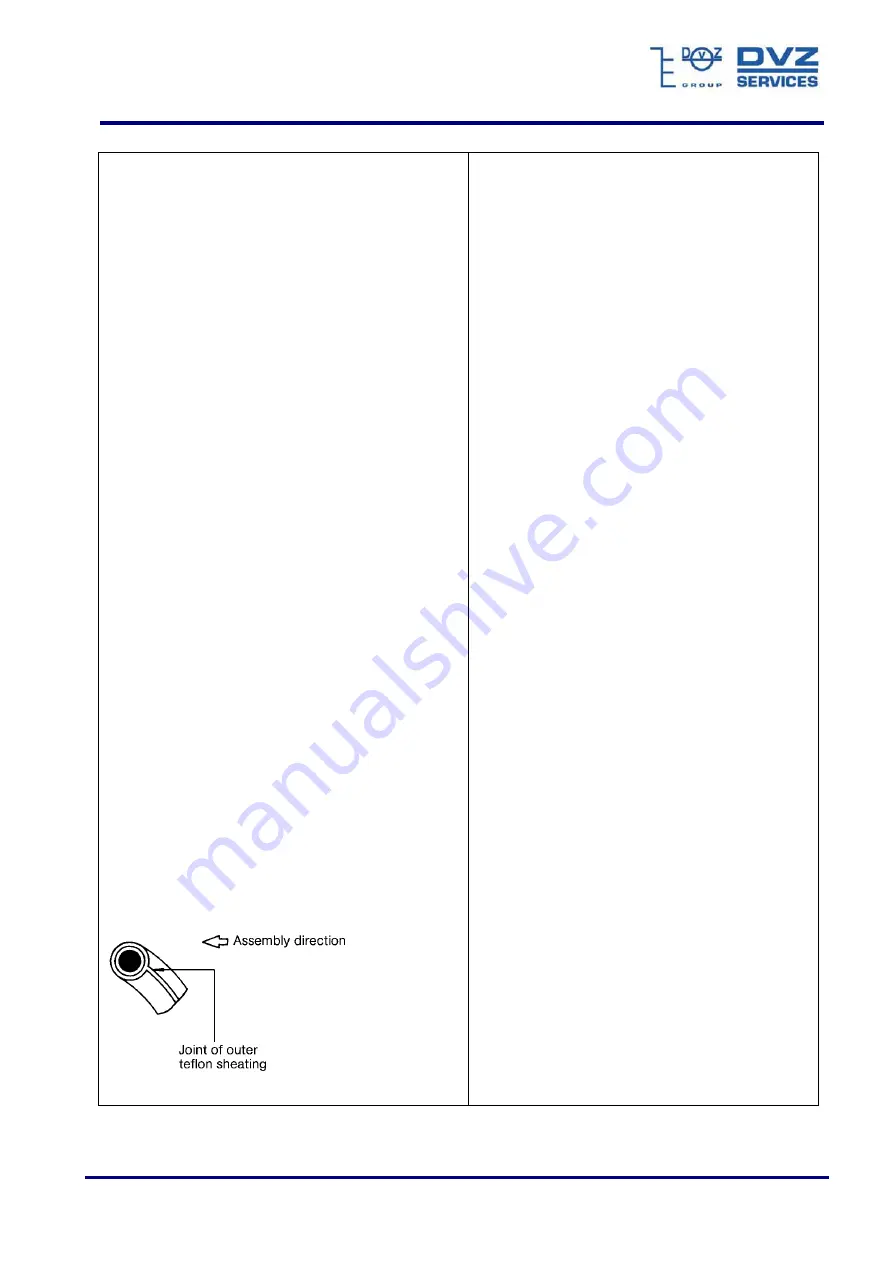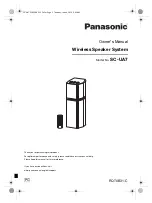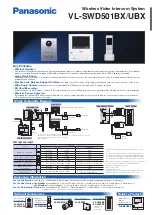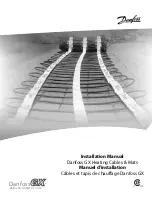
Issue: 04.05.2011
DVZ-SKA-”BIOMASTER”-PLUS – Pump P2
Page 8 of 6
SKA-PLUS-ANNEX P2-Eng
Disassembly of the single action mechanical seal
- Pull the mechanical seal housing (214), together with the
atmospheric-side stationary seal face of the mechanical
seal (219), from the hollow shaft (125).
Note:
Particular care should be taken to ensure that the
housing, together with the stationary seal face, is pulled
off concentrically, without tilting, in order to avoid
damaging the stationary seal face.
- Press the stationary seal face and the O-ring out of the
mechanical seal housing (214). Ensure that the pressure
is evenly distributed.
- Drive out the retaining pin (220).
- Loosen the grub screws, if fitted, in the rotating part of the
mechanical seal housing (219), and pull the mechanical
seal from the hollow shaft (125).
ATTENTION
: Before loosening the grub screws, mark or
measure the position of the mechanical seal housing on
the hollow shaft. Do not push the O-rings over the drag
marks made by the grub screws.
Assembly of the progressive cavity pump
General
After careful cleaning, the particular pump parts are
assembled accordingly in reverse order.
Installation of the shaft seal
Installation of the gland packing
- Slide the gland housing (204) onto the hollow shaft with
the O-ring (235).
- Insert the gland packing (207) into the gland housing
(204). For shaft seal type P02, also insert the flushing
ring (208), and for types P03 and P04, also insert the
lantern ring (209).
Please see also Section „Fitting new packing rings“.
Installation of the mechanical seal (general)
Mechanical seals are high quality, precision-machined
parts. The mechanical seal manufacturer’s assembly
instructions must be observed. Careful handling and
extreme cleanliness during installation are essential for
proper functioning. To facilitate assembly, surfaces over
which O-rings slide can be lubricated with a suitable
lubricant, for example, silicon oil, Polydiol or soft soap.
ATTENTION:
Do not use ordinary oil.
Note:
Parts that slide on top of one another must always
be exchanged in pairs. When using double PTFE sheathed
O-rings, please ensure that the joint of the outer sheathing
faces in the correct direction for assembly, as otherwise
the sheathing may open or be pulled off (see Figure 5).
Figure 5: Joint of outer teflon sheathing faces in the
correct direction for assembly.
Installation of single action mechanical seal
- Drive retaining pin (220) into the mechanical seal
housing (214).
- Press the stationary seal face (219), together with the
O-ring, concentrically into the cleaned seal housing
(214).
Note:
Ensure that the pressure is evenly distributed
and that the retaining pin (220) does not protrude
inside the mechanical seal housing.
- Push the rotating part of the mechanical seal (219)
over the hollow shaft (125).
Note:
Precisely observe the installation dimension
and/or position of the mechanical seal as marked
during disassembly.
- Insert the grub screws (if provided) into the rotating
part of the mechanical seal (219), using a liquid
retention agent such as Loctite no. 241, and tighten.
- Push the mechanical seal housing (214) together with
the stationary seal face (219) over the hollow shaft
(125).
Note:
Care should be taken not to tilt the mechanical
seal housing when pushing it onto the hollow shaft, in
order to avoid damaging the stationary seal face.
Installation of the hollow shaft
- The clamp sets (123) are delivered ready for
installation. They should not, therefore, be
disassembled before initial installation.
- Clamp sets (123) that have been removed do not
need to be disassembled and re-lubricated before re-
installation.
- Only clean and re-lubricate the clamp set (123) if it is
contaminated.
- A solid lubricant with a friction coefficient of µ= 0.04
must be used.
- If the conical surfaces are damaged, the clamp set
must be replaced.
- Grease the clamp bolt threads and the contact surface
of the heads with Molykote. Tighten the clamp bolts
manually, until the bolt heads are in full contact with
the inner ring of the clamp set.
ATTENTION:
Do not tighten the clamp bolts until the
hollow shaft (125) has been pushed over the shaft of
the drive.
ATTENTION:
Clean and degrease the shaft of the
drive and the bore of the hollow shaft (125).
- Slide the splash ring (123) onto the hollow shaft (125).
- Lightly grease the seat of the clamp set (123) on the
hollow shaft (125) and push the clamp set (123) onto
the hollow shaft (125) as far as the stop.
- Push the hollow shaft (125) onto the drive shaft as far
as the stop.
- Tighten the bolts of the clamp set (123) successively
in several turns, rotating the hollow shaft if necessary.
ATTENTION:
All clamp bolts must be tightened until
the front surfaces of the outer and inner rings are
flush and the fastening torque of the bolts increases
sharply (see operational condition in Figure 6). The
permissible fastening torque is marked on the clamp
set (123).
Содержание Biomaster PLUS Series
Страница 15: ......
Страница 16: ......
Страница 17: ......
Страница 19: ......
Страница 21: ......
Страница 22: ......
Страница 23: ......
Страница 24: ......
Страница 25: ......
Страница 26: ......
Страница 27: ......
Страница 28: ......
Страница 29: ......
Страница 30: ......
Страница 31: ......
Страница 32: ......
Страница 33: ......
Страница 34: ......
Страница 35: ......
Страница 36: ......
Страница 37: ......
Страница 38: ......
Страница 39: ......
Страница 40: ......
Страница 41: ......
Страница 42: ......
Страница 43: ......
Страница 44: ......
Страница 45: ......
Страница 46: ......
Страница 47: ......
Страница 48: ......
Страница 49: ......
Страница 83: ...Issue 16 08 2010 Instruction Manual DVZ SKA BIOMASTER PLUS Page 33 of 39...
Страница 88: ...Issue 16 08 2010 Instruction Manual DVZ SKA BIOMASTER PLUS Page 38 of 39 SCHNITTBILD SECTION DRAWING...
Страница 89: ...Issue 16 08 2010 Instruction Manual DVZ SKA BIOMASTER PLUS Page 39 of 39...
















































